Survival Skills
This page explores vital survival skills, emphasizing the importance of mental preparedness, shelter construction, and effective water purification methods.
Understanding the Basics of Survival Skills
Survival skills are essential abilities and knowledge that allow individuals or groups to navigate emergencies or challenging situations. While the average person may not anticipate finding themselves in survival scenarios frequently, having a foundational understanding can be beneficial. These skills can contribute to personal safety and the safety of others in various environments—whether in the wilderness, during a natural disaster, or in an urban setting.
The Importance of Mental Preparedness
When considering survival skills, mental preparedness is often underestimated. Yet, it remains one of the most crucial aspects. Keeping a calm and focused mindset helps in making rational decisions during crises. Developing mental resilience can be achieved through practice, visualization techniques, and stress management exercises.
Staying Calm Under Pressure
In emergencies, it’s natural for emotions to heighten. Taking a moment to breathe, assessing the situation, and prioritizing tasks can help maintain clarity. Some find meditation or mindfulness practices beneficial in enhancing their ability to remain composed.
Shelter and Protection
Once mindset is settled, finding or creating shelter is crucial for protection against environmental elements. Whether you’re in a wooded area or dealing with an unexpected storm, securing a safe environment is paramount.
Constructing Basic Shelters
Learning to build a simple lean-to or debris hut using available materials can provide the necessary protection from wind and rain. Courses or guides on primitive shelters offer practical tips on using natural resources effectively.
Securing Clean Water
Water is fundamental to survival. The absence of clean drinking water can quickly lead to dehydration, which undermines both physical and mental capabilities. Identifying safe water sources and understanding purification methods are vital.
Purification Techniques
Carrying portable water filters or purification tablets is wise. If these are unavailable, boiling is a reliable method. In emergency cases, knowledge of natural filtration techniques using sand, charcoal, and gravel can be a lifesaver.
Foraging and Food Procurement
While the human body can endure longer without food than water, understanding edible plants and safe ways to obtain food is a significant survival skill. Familiarity with local flora and fauna enhances the ability to find sustenance.
Learning Edible Plants
Taking a course on wild edibles or using guidebooks specific to one’s region can aid in recognizing which plants are safe to eat. It’s important to avoid plants that are not positively identified as edible, as some can be toxic.
Basic First Aid
Injuries can happen when least expected, making basic first aid knowledge invaluable. Knowing how to treat wounds, sprains, or other minor injuries can prevent further complications and is often useful beyond survival scenarios.
Training and Resources
Consider obtaining first aid certification or attending workshops to refresh skills regularly. Carrying a compact first aid kit is always advisable, as even simple tools like antiseptic wipes and bandages can be crucial in managing injuries.
Navigation and Communication
Understanding how to read maps, use a compass, and if necessary, navigate by the stars or other natural features, is immensely helpful. Communication skills, whether via traditional methods or technological devices, support coordination during emergencies.
Practicing Navigation
Spend time practicing navigation skills in a safe environment. Familiarity with both analog (compass and map) and digital (GPS devices) navigation tools can cover a range of scenarios from trips in the wilderness to urban detours.
Continuous Learning and Practice
Survival skills are not a static set of abilities; they evolve with experience and practice. Engaging in survival skills workshops or courses, joining outdoor clubs, or even attending weekend camping trips can be excellent ways to improve.
Resources for Continuous Improvement
Books, online courses, and local survival skill groups can offer fresh insights and keep your knowledge up-to-date. Engaging with communities that share an interest in survival skills can also provide support and motivation.
Conclusion
Survival skills encompass a wide range of techniques and knowledge areas. Continuously learning and practicing these can offer a greater sense of security and preparedness in unexpected situations. Remember, survival is not just about knowing techniques; it’s about using them wisely and responsibly, staying adaptable, and maintaining a positive mindset.
For further reading and resources, consider looking into recognized outdoor training programs, and where possible, seek guidance or mentorship from experienced survival experts.
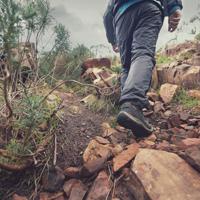
Learn essential wilderness survival skills and knowledge for thriving in untamed environments.
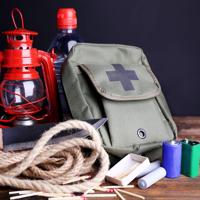
Learn critical first aid and medical skills to enhance your survival capabilities in emergencies and outdoor adventures.
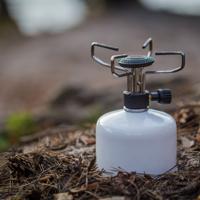
Learn essential techniques and materials for starting a fire in survival scenarios, enhancing your preparedness and confidence in the outdoors.
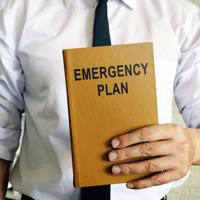
Learn how to effectively prepare for emergencies, covering assessments, family plans, and essential kits to ensure resilience in any disaster.

Learn essential fire starting techniques for survival situations. Master this crucial skill for warmth and cooking.
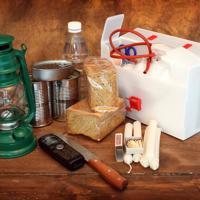
Discover practical strategies for sourcing, purifying, and storing food and water in survival scenarios.
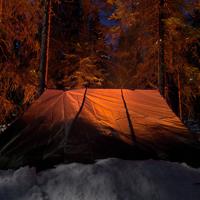
Learn crucial survival skills with a guide on building safe and effective shelters.
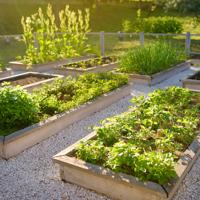
Learn essential skills and knowledge for thriving in a city during challenging circumstances. Urban survival techniques and strategies.